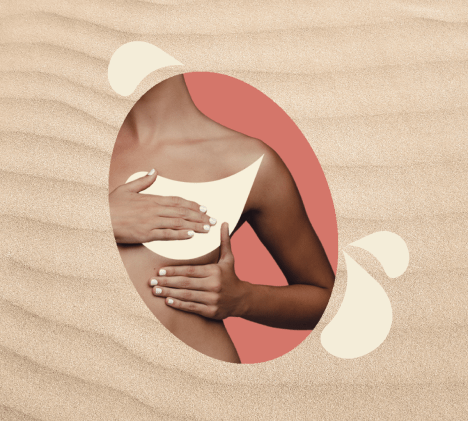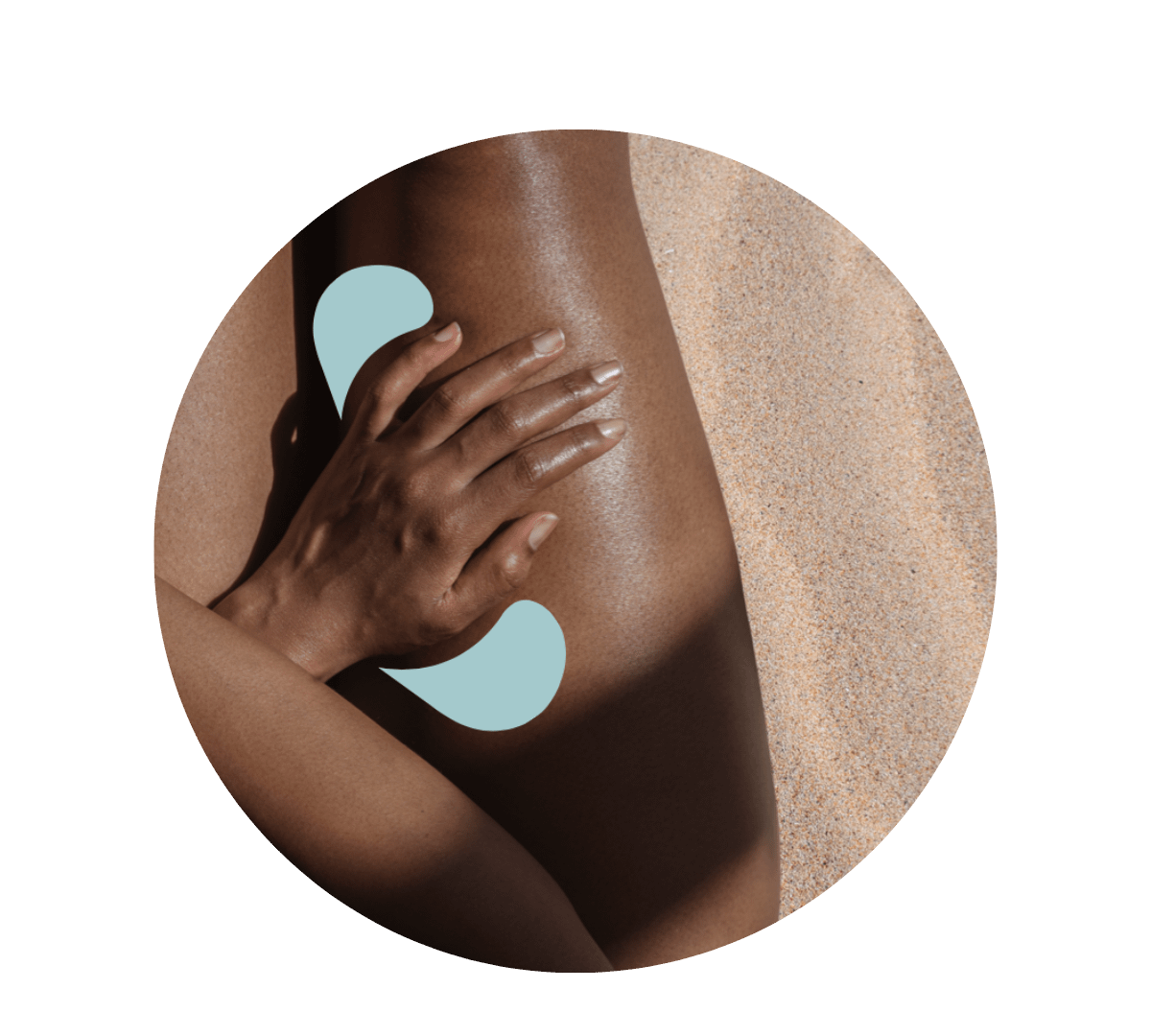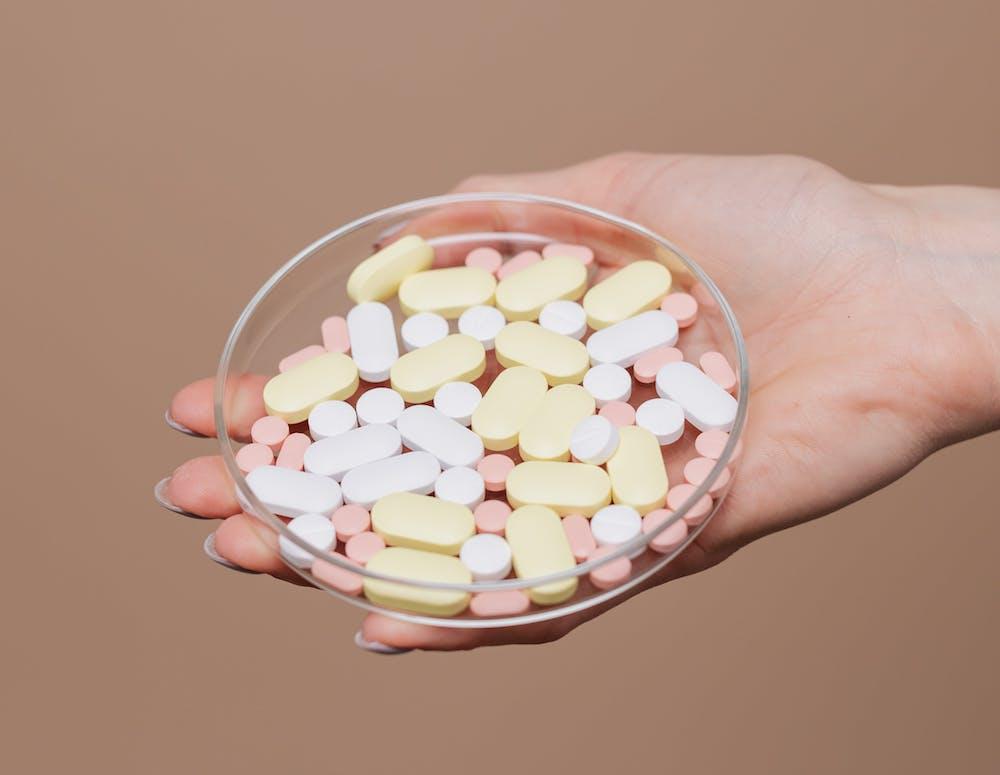NHS: https://www.nhs.uk/conditions/period-pain/
Planned Parenthood, US Department of Health Office on Women’s Health
Back
All topics

4 resources

19 resources

6 resources

4 resources

6 resources
Back
All topics

9 resources

12 resources

4 resources

11 resources

2 resources
Back
Back
All topics

17 resources

11 resources

17 resources

2 resources

Mauj Products
We’ve designed our products to help you explore your body, solo or otherwise. Whether you’re a curious novice or a seasoned explorer, this is for you.
Back
All topics

4 resources

19 resources

6 resources

4 resources

6 resources
Back
All topics

9 resources

12 resources

4 resources

11 resources

2 resources
Back
Back
All topics

17 resources

11 resources

17 resources

2 resources

Mauj Products
We’ve designed our products to help you explore your body, solo or otherwise. Whether you’re a curious novice or a seasoned explorer, this is for you.

Period cramps can range from mild discomfort to excruciating pain, and depending on where you fall on that scale, different factors could be at play.
When it comes to light to mild cramps, these are usually caused by contractions and chemicals that are naturally associated with menstruation. If, however, you experience higher and more debilitating levels of pain, there could be other causes that you need to look into. We dive deeper into the reasons for severe menstrual pain here.
So, here’s what you need to know about the process responsible for the common period cramp.
During your cycle, all the way leading up to menstruation, the lining of your uterus grows thicker and fills with blood vessels in preparation for a possible pregnancy. If you don’t become pregnant, part of the lining of the uterus is released, along with blood, through your vagina — which is what makes up your period.
Menstrual blood flows from the uterus through the small opening in the cervix and passes out of the body through the vagina.
During your period, the wall of the uterus (womb) starts to contract more vigorously to help with the shedding of the lining.
When the wall of the uterus tightens and contracts, it compresses the blood vessels lining your uterus. This temporarily cuts off the blood and oxygen supply to your womb, causing those tissues to release chemicals that trigger pain.
While your body is releasing these pain-triggering chemicals, it's also producing others called prostaglandins. These encourage the womb muscles to contract more, further increasing the level of pain or discomfort.
Debilitating pain that makes you bedridden during your period is not normal. Check with your doctor if you continue experiencing such pains.
NHS: https://www.nhs.uk/conditions/period-pain/
Planned Parenthood, US Department of Health Office on Women’s Health
Did you find the answer you were looking for? Is there something we missed? What did you think of this resource? We want to hear from you.





